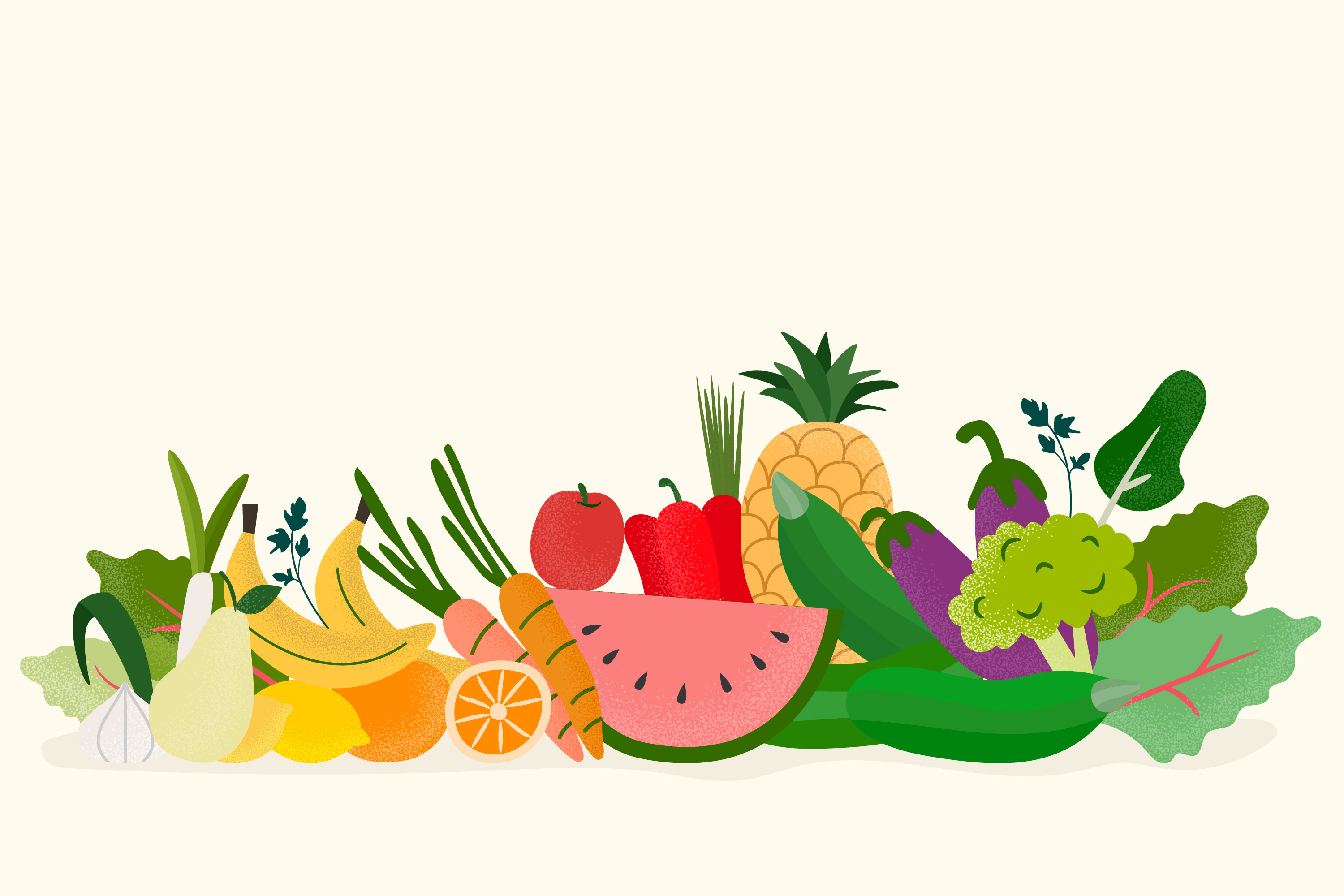You are what you eat. Really? It’s true. I’m not saying that if you eat palak paneer for lunch, you’re suddenly going to sprout spinach on your head. But the palak will get digested and find its way into your flesh and blood giving you its iron, its vitamins and goodness and yumminess.
The food you eat helps you grow, gives you energy and all the fun stuff you mugged up for your bio exams. And it does even more – affects your mental health. Really. I’m telling you.
Remember the time you had to submit that research paper (obviously you started it last minute) and you were so stressed that you ate Kit-Kat bars until you wanted to puke? But for a little while, you were happy? Many studies have shown that there is a connection between sweets and mood. And then there was the time when your girlfriend temporarily broke up and you practically lived at Mcdonald’s downing burgers (They even sent you a “we miss you” card when you got back with her). Carbohydrates are also linked with dealing with sadness and stress.
If you get past the guilt (and the sheer pukiness of the moment) know that your body was trying to tell you something. It was saying like, “listen bro my brain needs some extra energy to process this stressful event”. And both the sugar and the carbohydrates gave you that burst of energy to deal with it. So far so good!
But here’s the flip side. The rush is temporary. Eventually, you return to sadness or stress with the added problem of some extra baggage on the hips and waist. However, if some food is bad for you, other food can actually perk you up! A lot of research shows that some kinds of foods can help mental wellness, especially in cases of depression.
- The science of happiness: There is an amino acid called tryptophan. When this enters the brain it helps to synthesize another enzyme called serotonin. This technical-sounding thing is actually very important – it is the chemical that defines your mood. More serotonin means more happiness. Less means heading south to sadness.
So essentially all food that helps synthesize serotonin is a superhero. Number one on the list – is carbohydrates. However, not all carbs are bad. In fact, many of them are good – research has found that tryptophan helps to process serotonin better in the presence of carbs! Now you get why you crave that plate of pasta when you’re sad? Basically, your body knows that the carbs could help it notch up the happiness index. But hello, don’t reach for that bowl of noodles yet. Evaluate the carb on your plate – does it have fibre? (whole grain flours and oats), does it have white sugar? does it have any other nutrients? (many flours like whole wheat, oats etc, are tasty and have lots of vitamins and minerals).
Next on the list are foods with Omega 3-fatty acids. Foods that are rich, like fish and nuts in particular, in these are also very good pick-me-out-of-the-blues types. And finally, there are foods rich in Vitamin B – particularly B12. Like crabs, research has shown that these too are helpful in synthesizing Serotonin. So make sure you put in whole grains and/or white meat like chicken and fish to keep you happy.
- Comfort Food: And then there are those foods that bring you joy not because of the science, but because of a memory or an association. Soft mushy khichri may mean the comfort of mom’s kitchen; Besan ke laddoo, a happy festival memory; a hot sweet tea, a moment at the small roadside shack on a road trip. Everyone has their own special food moments. Pick yours out and enjoy it wherever you are, whatever the moment. This is the simplest relationship between food and mood. There’s a simple reason why food affects mood. No food = no energy = bad mood. So yeah, make sure you eat regularly and are healthy.

